
How Indian Nationals Can Get a Japan Visa
Traveling to Japan as an Indian national is a rewarding experience, with Japan’s rich history, culture, and stunning landscapes. However, Indian passport holders are required to obtain a visa to visit Japan. This guide provides a complete overview of the Japan visa application process for Indian nationals, covering everything from the types of visas available to the step-by-step application procedure, required documents, processing time, and tips for a smooth application process.
Contents
1. Types of Japan Visas for Indian Nationals
3. Documents Required for Japan Visa Application
4. Step-by-Step Application Process
1. Types of Japan Visas for Indian Nationals
There are several types of visas available for Indian nationals depending on the purpose of travel. The most common types include:
Tourist Visa
This visa is suitable for Indian nationals who plan to visit Japan for tourism purposes, such as sightseeing or visiting friends and family. The tourist visa is typically a short-term visa allowing a stay of up to 90 days.
Business Visa
The business visa is designed for those visiting Japan for work-related reasons, such as attending business meetings, conferences, or seminars. This visa also allows a stay of up to 90 days.
Student Visa
For Indian students accepted into educational institutions in Japan, a student visa permits a long-term stay depending on the duration of their study program. The student visa requires additional documentation from the educational institution.
Work Visa
Indian nationals with a job offer from a Japanese employer can apply for a work visa. This visa has several categories, depending on the job type, such as engineering, humanities, and international services. Work visas typically allow for longer stays.
Transit Visa
A transit visa is for those passing through Japan on their way to another destination. It usually allows a stay of up to 15 days.
2. Eligibility Requirements
To apply for a Japan visa, Indian nationals must meet certain eligibility criteria:
- Hold a valid Indian passport with at least six months of validity remaining from the date of travel.
- Have no criminal record or history of visa overstays in Japan.
- Have a clear purpose for the visit (e.g., tourism, business, or study) and meet the specific requirements for that visa type.
- Provide evidence of sufficient financial support during the stay in Japan.
3. Documents Required for Japan Visa Application
Preparing the necessary documents is a crucial step in the visa application process. The following is a list of essential documents:
- Visa Application Form: The application form, available on the Japanese Embassy or Consulate’s website, must be completed accurately.
- Passport: Original passport with at least two blank pages and photocopies of relevant pages.
- Passport-Sized Photo: A recent passport-sized photo with a white background.
- Itinerary and Flight Details: A detailed travel itinerary, including flight and accommodation details.
- Bank Statement: Financial proof showing sufficient funds to cover the trip.
- Income Tax Returns: Recent income tax returns or Form 16 as proof of financial stability.
- Employment or School Documents: A leave letter from an employer or proof of student status if applicable.
- Letter of Invitation: For those visiting friends or family, a letter of invitation may be required.
4. Step-by-Step Application Process
Step 1: Complete the Application Form
Download and complete the Japan visa application form from the Japanese Embassy’s official website. Be sure to fill it out accurately to avoid any errors or rejections.
Step 2: Gather Required Documents
Collect all necessary documents as per the visa type. Double-check each document to ensure they meet the requirements set by the Japanese Embassy.
Step 3: Submit the Application
Submit your application at the nearest Japanese Embassy or Consulate or through a certified travel agency. Note that some Consulates may require an appointment, so it’s wise to check ahead.
Step 4: Pay the Visa Fee
Pay the applicable visa fee (if not exempt). Keep the receipt for future reference.
Step 5: Attend Interview (if Required)
In some cases, the embassy may require an interview to clarify details or verify documentation. Attend the interview if requested and answer all questions clearly and confidently.
Step 6: Wait for Visa Processing
After submitting the application, wait for the processing period, which generally takes a few days to two weeks. Track the status online or via the embassy.
5. Japan Visa Fees
The visa fees vary depending on the visa type and the duration of stay. For instance, a short-term tourist visa may cost around JPY 3,000, while a multiple-entry visa may be higher. Some applicants may be eligible for a fee waiver, such as students or those on cultural exchange programs. Always confirm the latest fee structure on the embassy’s official website.
6. Visa Processing Time
Processing times for Japan visas generally range from 3 to 7 business days. However, it is recommended to apply at least two to three weeks before the intended travel date to account for any potential delays, especially during peak travel seasons or around public holidays.
7. Special Visa Categories for Indian Nationals
Multiple-Entry Visa
Indian nationals may apply for a multiple-entry visa, which allows for multiple trips to Japan over a specified period (up to 5 years). This visa is ideal for frequent business travelers or those with close family in Japan.
Cultural Exchange Visa
Japan offers cultural exchange visas for individuals participating in cultural or academic programs. This visa may require sponsorship from an organization or educational institution in Japan.
Working Holiday Visa
Under the Japan-India Working Holiday Agreement, a limited number of Indian nationals aged 18 to 30 can apply for a working holiday visa, allowing them to work and travel in Japan for up to one year. This visa is issued on a first-come, first-served basis, and applicants must meet specific eligibility criteria.
8. Tips for a Successful Application
Applying for a Japan visa can be smooth if you prepare in advance. Here are some tips to improve your chances of approval:
- Double-Check Documentation: Ensure all documents are complete and up-to-date, as incomplete applications are often rejected.
- Apply Early: Apply at least two weeks in advance to avoid last-minute stress and potential delays.
- Provide Clear Financial Proof: Show clear evidence of your financial capacity, as it is a key criterion for visa approval.
- Prepare for Interview: If called for an interview, be ready to answer questions about your travel plans and financial status.
Traveling to Japan as an Indian national is made possible with careful planning and preparation. By understanding the visa requirements, gathering the necessary documents, and following the application steps, you can ensure a smooth process and look forward to experiencing Japan’s rich culture and stunning landscapes. Whether for tourism, business, or study, a Japan visa opens the door to an unforgettable journey.
Share
You may also like
-

Visiting Japan’s Love Hotel Districts: What to Expect
Japan’s love hotel districts are famous for their unique and fascinating blend of privacy, creativity, and a touch of...
-

Top 10 Late-Night Dining Spots in Tokyo’s 24-Hour Cafes
Tokyo’s vibrant nightlife extends well beyond bars and nightclubs, with a thriving late-night dining culture tha...
-
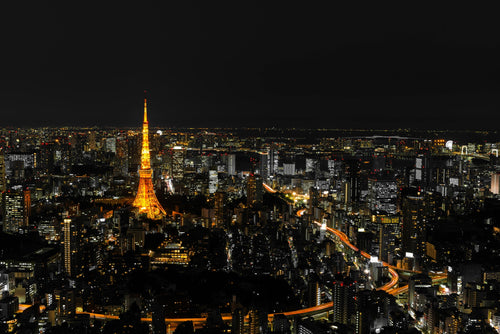
Best Night Tours in Tokyo for After-Dark Adventures
Tokyo’s nightlife is renowned for its energy, vibrancy, and unique blend of traditional and modern experiences. From ...
-
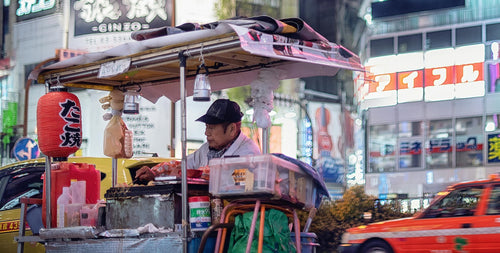
Japan’s Late-Night Food Culture: 8 Best Street Eats
Japan’s late-night food culture is a vibrant experience, especially in bustling cities like Tokyo and Osaka, where de...
-

7 Rooftop Bars in Tokyo for Stunning Views
Tokyo’s rooftop bars offer some of the best ways to soak in the city’s skyline while enjoying drinks, atmosphere, and...
-

10 Best Nightclubs in Tokyo for Dancing and Music Lovers
Tokyo's nightlife is renowned for its variety and energy, with nightclubs that range from high-energy dance floors to...
-

8 Themed Bars and Cafes You Need to Visit in Tokyo
Tokyo is famous for its creative and quirky themed bars and cafes, offering immersive experiences for locals and...
-

Tokyo Nightlife Guide: Shinjuku, Shibuya, and Roppongi Highlights
Tokyo’s nightlife is legendary, offering a mix of vibrant energy, entertainment, and unique experiences in some of it...
-
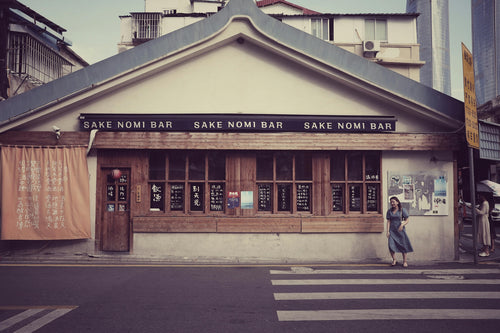
7 Best Japanese Sake Bars in Tokyo
Tokyo is home to some of Japan’s best sake bars, offering both locals and visitors an opportunity to explore the...
-

Top 6 Observation Decks in Tokyo for Scenic Views
Tokyo’s observation decks offer some of the best panoramic views of the city, giving visitors a chance to see th...
-
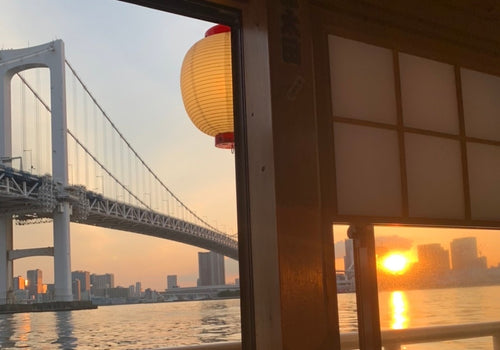
Night Cruises in Tokyo: Enjoy the City Views
Tokyo’s skyline is mesmerizing at any time, but experiencing it from the water on a night cruise adds a magical ...
-
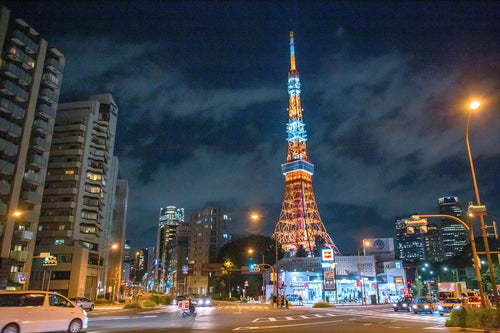
Roppongi Art and Nightlife Guide
Roppongi is one of Tokyo’s most vibrant districts, known for its lively nightlife, sophisticated art scene, and ...
-
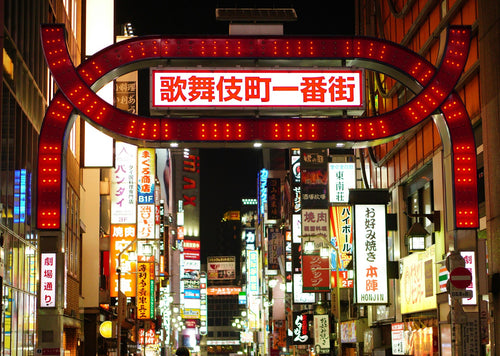
Nightlife Guide to Shinjuku Kabukicho
Shinjuku’s Kabukicho district, known as Tokyo’s “Sleepless Town,” is the center of nightlife in Tokyo. Renowned ...
-
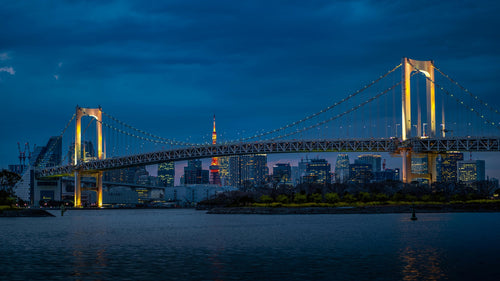
6 Best Night View Spots in Tokyo
Tokyo at night is a breathtaking spectacle, with illuminated skyscrapers, iconic landmarks, and bustling streets that...
-

Top 12 Sake Breweries in Japan for Tasting and Tours
Japan’s sake culture is celebrated around the world for its depth, complexity, and rich history. Sake, or nihons...
-
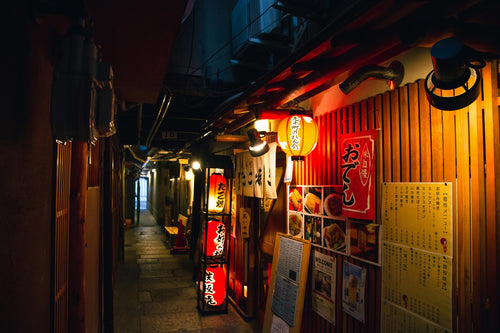
How to Enjoy a Night at a Japanese Izakaya
Japanese izakayas are casual, lively spots where locals gather after work to enjoy drinks, share small plates, a...
-

Exploring Karaoke Culture in Japan: 8 Best Places to Sing
Karaoke is an integral part of Japanese culture, offering a fun and entertaining way for friends, family, and even co...
-
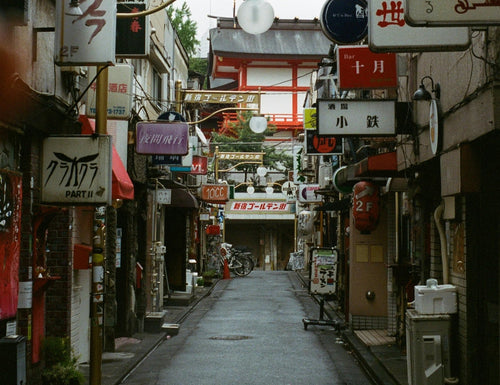
5 recommended bars in Golden Gai
Golden Gai, nestled in the heart of Tokyo’s Shinjuku district, is one of the city’s most iconic bar districts. Known ...
-
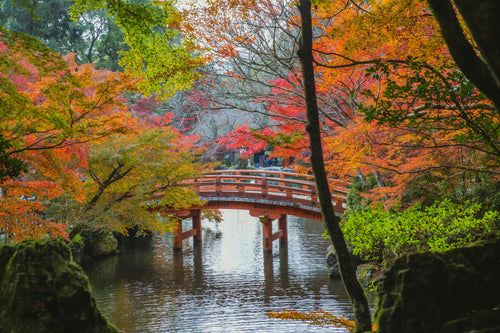
10 Japanese Gardens You Should Visit for Tranquility
Japanese gardens are renowned for their beauty, tranquility, and intricate designs that reflect harmony with nature. ...
-
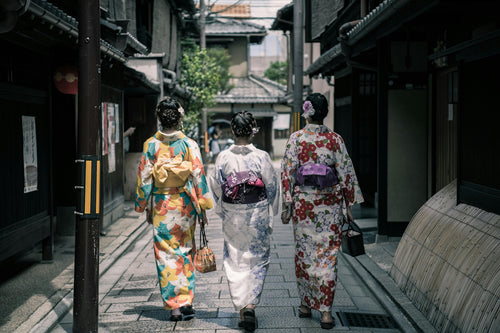
Japan’s Kimono Heritage: Symbolism, Style, and Where to See
The kimono, Japan’s traditional garment, is a beautiful and symbolic representation of Japanese culture. From its int...
-
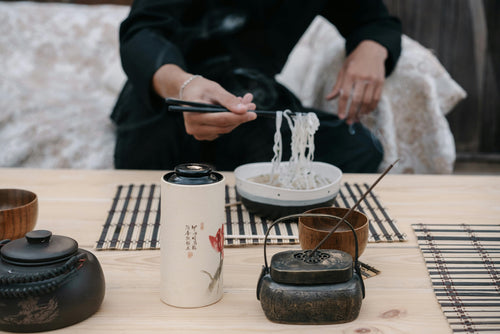
Etiquette Essentials for Visitors to Japan
Japan’s culture is rich in respect, politeness, and consideration, making etiquette an essential part of daily l...
-

7 Best Places to Discover Japan’s Samurai History
Japan’s samurai history is one of honor, skill, and deep cultural influence, stretching back centuries and leaving an...
-
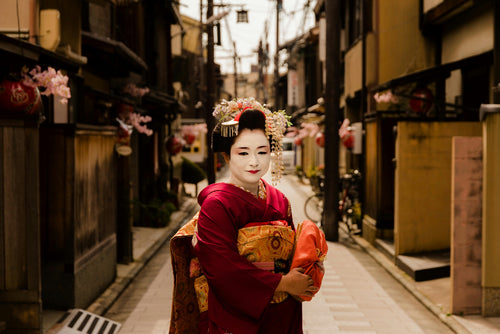
Geisha Culture in Japan: Myths and Realities
The world of geisha, Japan’s skilled performers and keepers of traditional arts, has long intrigued people around th...
-
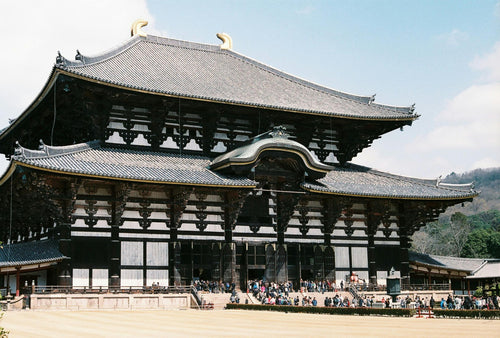
Japan’s Unique Architecture: Top 8 Traditional and Modern Landmarks
Japan is renowned for its unique blend of ancient architectural heritage and cutting-edge modern designs. From c...
-
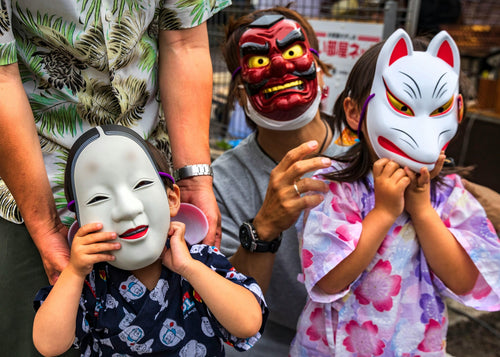
10 Traditional Japanese Festivals (Matsuri) You Can’t Miss
Japanese festivals, or *matsuri*, are vibrant celebrations of cultural heritage, featuring elaborate costumes, l...
-
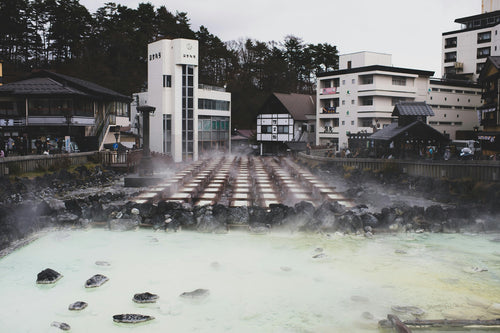
Japan’s Three Great Onsen: A Guide to Famous Hot Springs
Japan is famous for its natural hot springs, or *onsen* (温泉), offering visitors a unique opportunity to relax and rej...
-

Japanese Art Exploration: Best Spots to Enjoy Art in Japan
Japan is a country rich in artistic heritage, from centuries-old traditional crafts to modern, innovative instal...
-

Guide to Japan’s Fireworks Festivals: When and Where to Go
Japan’s summer fireworks festivals, known as "hanabi taikai" (花火大会), are among the most anticipated events in th...
-
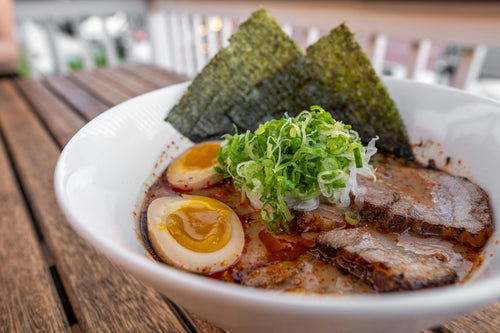
Where to Experience Ramen-Making Classes in Japan
Ramen is one of Japan’s most beloved dishes, with countless regional styles and flavors that attract food lovers from...
-
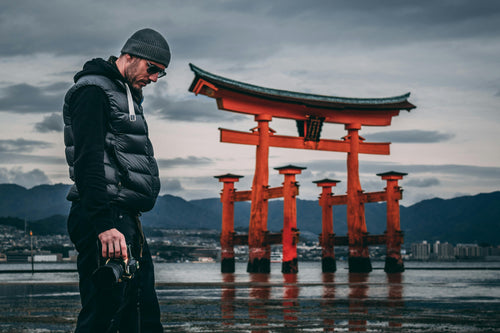
Power Spot Tours: Japan’s Famous Temples and Shrines
Japan is a land steeped in spiritual history, and visiting its temples and shrines provides not only a glimpse i...
-
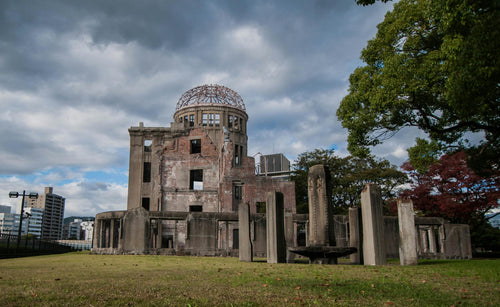
UNESCO World Heritage Site Tour Guide in Japan
Japan is home to numerous UNESCO World Heritage Sites, each offering a glimpse into the country’s rich cultural herit...
-
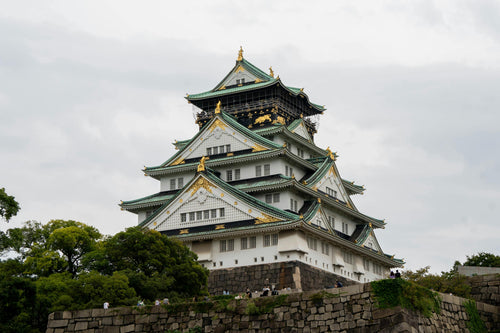
5 Famous Japanese Castles: History and Highlights
Japan is home to some of the most beautiful and historically significant castles in the world. Built during the feuda...
-

10 Unique Drinks to Try from Japanese Vending Machines
Japan is famous for its vending machines, offering an incredible variety of drinks that go beyond just soft drinks an...
-
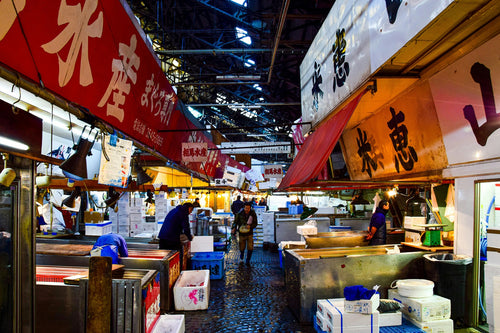
Tokyo Market Guide: Exploring Tsukiji and Toyosu Markets
Tokyo's Tsukiji and Toyosu Markets are must-visit spots for food lovers and anyone interested in Japan’s rich culinar...
-
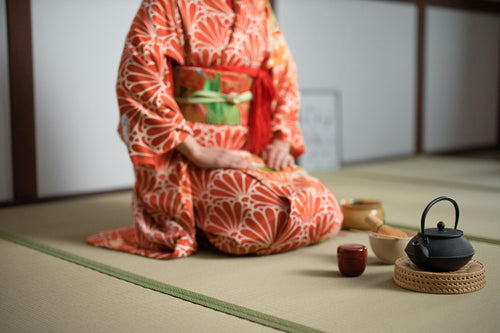
Experiencing Traditional Tea Ceremony in Tokyo
The Japanese tea ceremony, or "chanoyu," is a cultural experience steeped in tradition, aesthetics, and mindfulness....
-
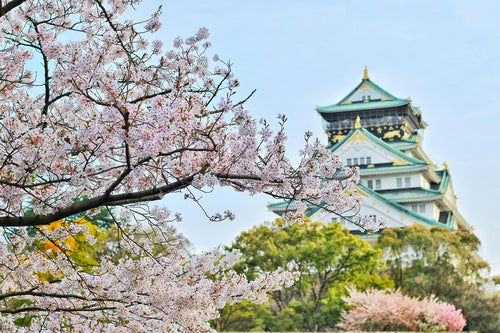
Top 7 Cherry Blossom Viewing Locations in Tokyo
Springtime in Tokyo is synonymous with the cherry blossom season, a breathtaking period when the city’s parks, rivers...
-
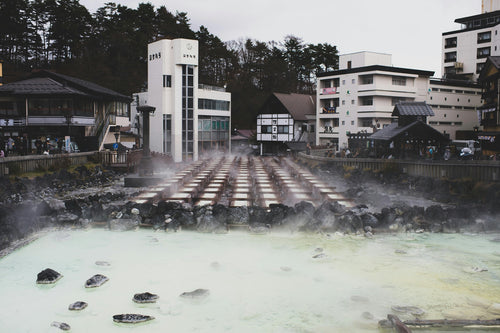
What is Onsen? A Guide to History, Benefits, and Etiquette
Onsen, Japan’s cherished hot spring culture, offers a unique blend of relaxation, scenic beauty, and deep-rooted trad...
-

What is Sake? Its Production Method and History
Sake is a traditional Japanese alcoholic beverage made from fermented rice. It has been enjoyed in Japan for over a t...
-
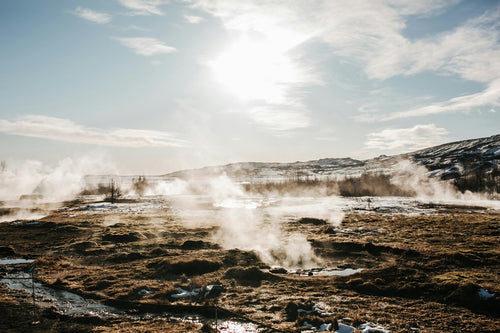
8 hot springs with beautiful scenery near Tokyo
Tokyo is a bustling metropolis, but just outside the city are some of Japan's most serene hot springs, or onsens, off...
-

Top 10 museum to visit in Tokyo
Tokyo is home to a diverse range of museums that cater to all interests, from art and history to technology and pop c...
-
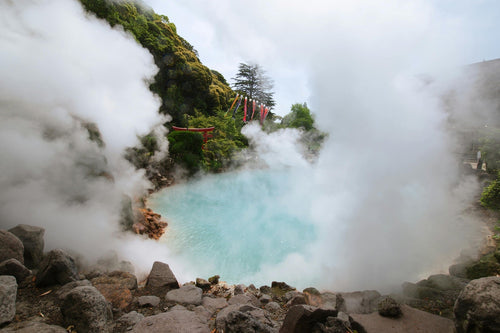
9 Best Hot Spring and Bathhouse in Tokyo
Tokyo is known for its vibrant urban energy, but it's also a fantastic place to relax and rejuvenate in hot springs (...
-
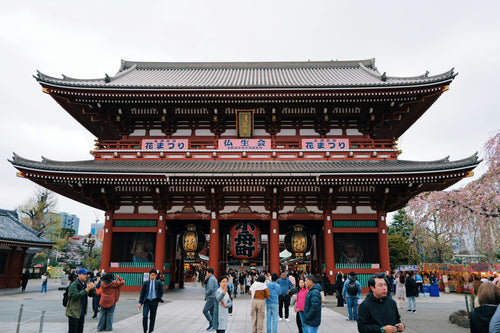
15 Famous Temples and Shrines to Visit near Tokyo
Tokyo and its surrounding areas are home to many famous temples and shrines that showcase Japan's rich spiritual and ...










































